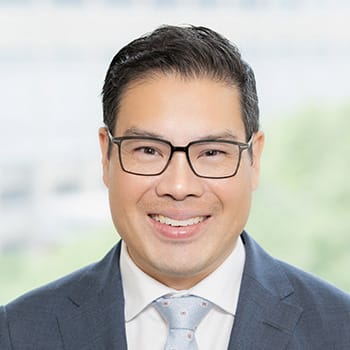The Excellence in Quality Improvement Program (EQUIP) has trained over 150 academic leaders and scholars in quality improvement (QI) from across North America. EQUIP graduates have been appointed into academic faculty positions at prominent academic institutions, promoted on the basis of their QI work, and assumed major leadership QI positions at local and national organizations.
EQUIP provides a deeper dive into quality improvement (QI) methodologies to better prepare participants to maximize their project’s impact and receive academic recognition for their work.
The program consists of 6 full-day virtual sessions (July 30-31 & Aug 1, 2024 and May 7-9, 2025) and 8 webinars throughout the year. Upon completion of the program, participants receive an academic certificate from the University of Toronto.
Who should take EQUIP?
- Academic faculty seeking to make QI the focus of their clinical or scholarly activities
- Senior trainees wanting to make QI an academic career focus
- Health professionals in advanced practice or leadership positions working in academic health centres
What makes EQUIP different?
- EQUIP harnesses the experience of practicing academic clinicians with extensive expertise leading impactful QI initiatives and disseminating their work through scholarly publication.
- EQUIP prepares participants to:
- Successfully implement their QI projects;
- Write-up their QI projects for scholarly dissemination;
- Supervise and mentor others in their QI work;
- Employ advanced evaluation methods;
- Prepare a portfolio for academic promotion on the basis of QI
- In addition to regular touchpoints where participants share their project progress and get feedback from EQUIP faculty, we assign EQUIP participants to a faculty mentor who provides one-on-one coaching and personalized support
“The mentorship I received from Dr. Brian Wong helped give me opportunities on a national stage I didn’t have before: I’m now the Director of Quality Improvement in the Oregon Health & Science University’s internal medicine residency program and I’m joining leadership for the Accreditation Council for Graduate Medical Education’s Program Director Patient Safety and Quality (PDPQ) Educators Network. The program really helped me think outside of just my local institution when it comes to mentorship and projects.”
– Dr. Anne Smeraglio, 2020 EQUIP graduate, hospitalist, Portland Oregon VA Health Care System
Acknowledgement of Traditional Land
The sacred land on which the Faculty of Medicine operates has been a site of human activity for thousands of years. This land is the territory of the Huron-Wendat and Petun First Nations, the Seneca, and most recently, the Mississaugas of the Credit River. The territory was the subject of the Dish With One Spoon Wampum Belt Covenant, an agreement between the Iroquois Confederacy and the Ojibwe and allied nations to peaceably share and care for the resources around the Great Lakes.
Today, Toronto is also the home to Indigenous people from across Turtle Island and we are grateful to have the opportunity to work in the community, on this important traditional territory.
This statement was developed by first nations house at the University of Toronto and the Council of Aboriginal Initiatives’ Elders Eircle.

